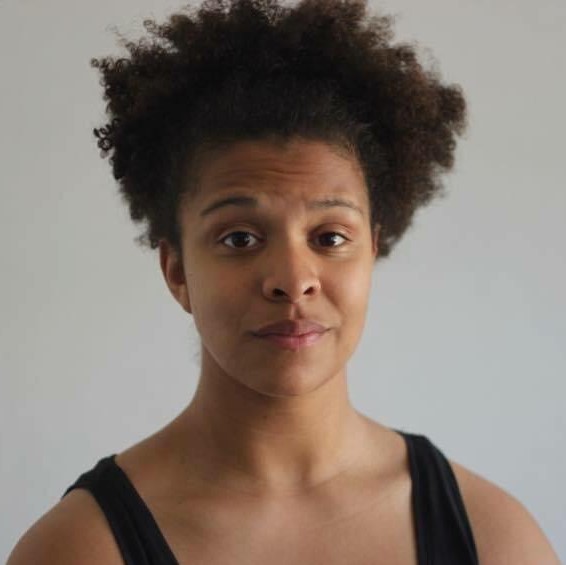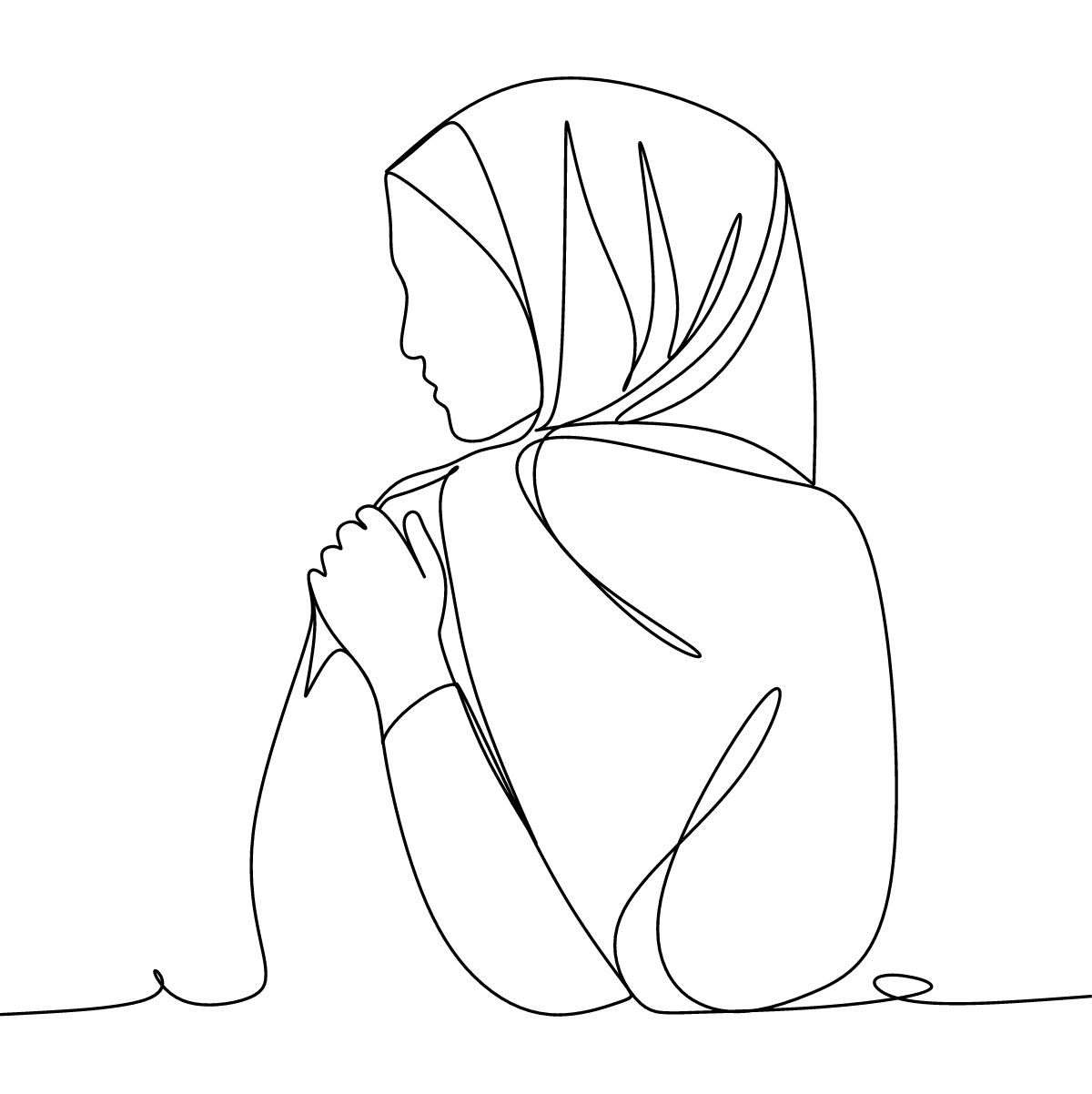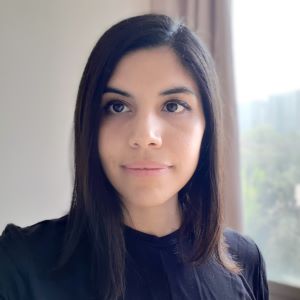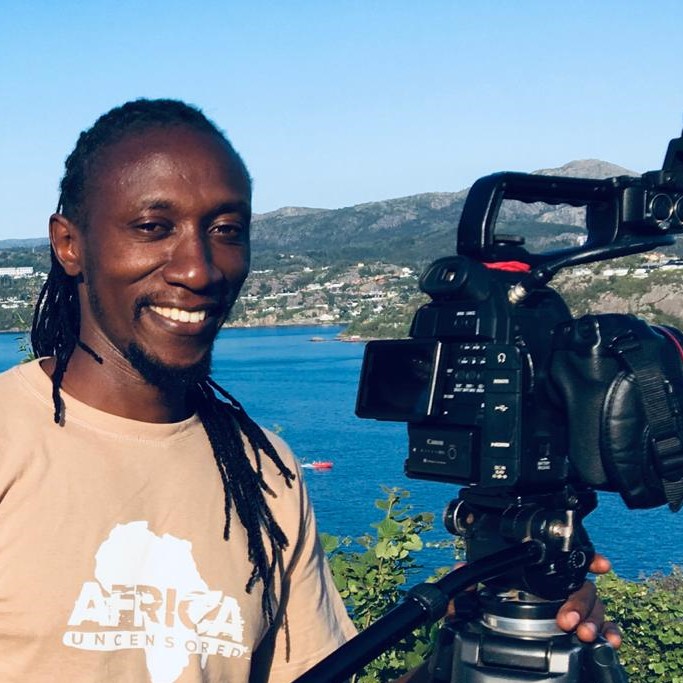Becoming A Happiness Ambassador: A Dream of a Young Social Activist from India
After having studied abroad, Sanjoli arrived at an inflection point and realised that her position was one of privilege. She returned to India and decided to give back to those not so privileged.
India, Southern Asia
Story by Sanjoli Banerjee. Edited by Sterre van Dord and Charu Thukral
Published on November 18, 2021.
Reading time: 5 minutes
This story is also available in 

In his famous book Man’s Search for Meaning [1], Victor Frankl [2] quotes Nietzsche [3], writing, “Those who have a 'why' to live, can bear with almost any 'how'.” Reflecting on this quote, I say that I have successfully found my ‘why.’ My why is serving the people through my career, everyday choices and activism. I don't worry about the how and the challenges in each ‘how.’
Activists are those who muster up the courage to ask the difficult questions when society fails to do so.
As a child, when asked about what I wanted to be when I grew up, I said, “I want to be a happiness ambassador.” I knew that brands, products and even countries have ambassadors, so why not the feeling of happiness. Today I am proud to say that I achieved my dream. I am a 22-year-old activist from India and I have been fighting against injustices since I was 4. Although then I did not know that I would become an activist, today I understand what activism means and the responsibilities it brings. Activists are those who muster up the courage to ask the difficult questions when society fails to do so. We care more about the society and less about the repercussions for speaking out. Per Frankl’s quote, we figure out the how. I have been doing this for almost two decades now.
My journey began in 2004 when I started to fight for my unborn sister, standing up to those who wanted to kill her in the womb for her gender. Since then, I have fought many fights, big and small, against female foeticide, for environmental protection, for mental and menstrual hygiene, and for and empowerment through education. I continue to work through my NGO Sarthi. [4]
I have had the privilege to live in three different countries apart from India for my education, which has taught me innumerable lessons. The most important lesson is that I have a privileged life. Although the feeling of being a privileged kid came to me time and again, it hit an inflection point in my life when I was in Selangor near Kuala Lumpur in Malaysia for a Harvard conference. I visited a Rohingya refugee school and met kids between the ages of 4-15 years. These kids were living in a country far from their home and were restricted from traveling, while I was travelling to countries and learning new things. This realisation pushed me to share what I learned with those not-so-privileged in my country. With this intention, I made the unpopular decision to not continue my stay abroad after completing my studies and instead come back to my country to serve those who would benefit from my work.
I started the ‘Susiksha’ programme [5] almost 2 years ago. Through the programme, we aim to provide holistic education to children from marginalised backgrounds and ignite their creativity. Through Sarthi, I am also trying to increase the culture of volunteering in India. During my stay in Australia and the UK, I noticed that many people from all age groups volunteer on a daily basis for various activities and work. I want to promote this practice in my country.
I am committed to being in service to society and the country. I believe in a higher power that guides me. I trust the process that would take care of me—I have faith that things will eventually work out. Like Frankl and Nietzsche said, I don't worry about the how.
To young readers, I would like to advise a few simple things: 1) Figure out your ‘why’ in life. You may not have the answer now but keep the search going. 2) Don't compare yourself with others. You are unique in whatever you are doing. This is your journey so embrace it. 3) If you are in the changemaking space, do an extensive need assessment before developing or offering solutions. And last, 4) Remember to validate your own emotions. It might get discouraging at times and you might want to give up. But take baby steps and trust yourself.
[1] https://en.wikipedia.org/wiki/Man%27s_Search_for_Meaning
[2] An Austrian neurologist, psychiatrist and Holocaust survivor, devoted his life to studying, understanding and promoting “meaning.” His famous book, Man’s Search for Meaning, tells the story of how he survived the Holocaust by finding personal meaning in the experience, which gave him the will to live through it.
[3] A German philosopher and cultural critic who published intensively in the 1870s and 1880s. He is famous for uncompromising criticisms of traditional European morality and religion, as well as of conventional philosophical ideas and social and political pieties associated with modernity.
[4] The not-for-profit organisation started by Sanjoli’s parents in 1992. https://www.ngosarthi.org/
How does this story make you feel?
Follow-up
Do you have any questions after reading this story? Do you want to follow-up on what you've just read? Get in touch with our team to learn more! Send an email to [email protected].
Talk about this Story
Please enable cookies to view the comments powered by Disqus.
Subscribe to our Monthly Newsletter
Stay up to date with new stories on Correspondents of the World by subscribing to our monthly newsletter:
Tags
Topic: Liberation
> Germany
A Tale of Two Countries: Part II
A story by Janina Cymborski
4 min
The perceived differences between East and West Germany are not merely rooted in the separation after World War II, but also in the events that followed the Unification. Though unity is an admirable goal, accepting differences may eventually lead to a greater appreciation. Read more...
> Netherlands
Black Lives Matter: An Experience in the Train
A story by Naomi Beijer
3 min
As a black woman here in the Netherlands, I may not be murdered for the colour of my skin, but that does not mean that racism doesn't exist in the Netherlands. Read more...
> Afghanistan
Afghan Girl on the way of following her dreams
A story by Ayesha Ghafori
5 min
15th of August 2021 was the last day of school. And Ayesha would never return to school. Here she tells us how her normal life turned upside down after Taliban invaded Afghanistan. Read more...
Explore other Topics
Get involved
At Correspondents of the World, we want to contribute to a better understanding of one another in a world that seems to get smaller by the day - but somehow neglects to bring people closer together as well. We think that one of the most frequent reasons for misunderstanding and unnecessarily heated debates is that we don't really understand how each of us is affected differently by global issues.
Our aim is to change that with every personal story we share.
Community Worldwide
Correspondents of the World is not just this website, but also a great community of people from all over the world. While face-to-face meetings are difficult at the moment, our Facebook Community Group is THE place to be to meet other people invested in Correspondents of the World. We are currently running a series of online-tea talks to get to know each other better.






























